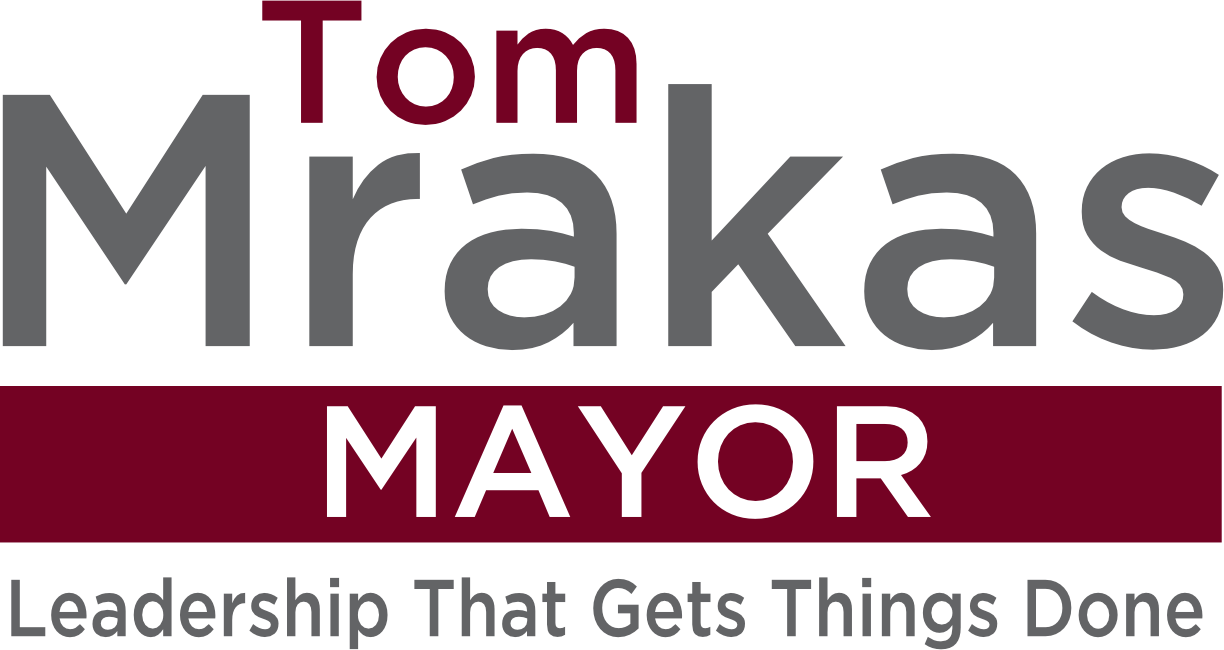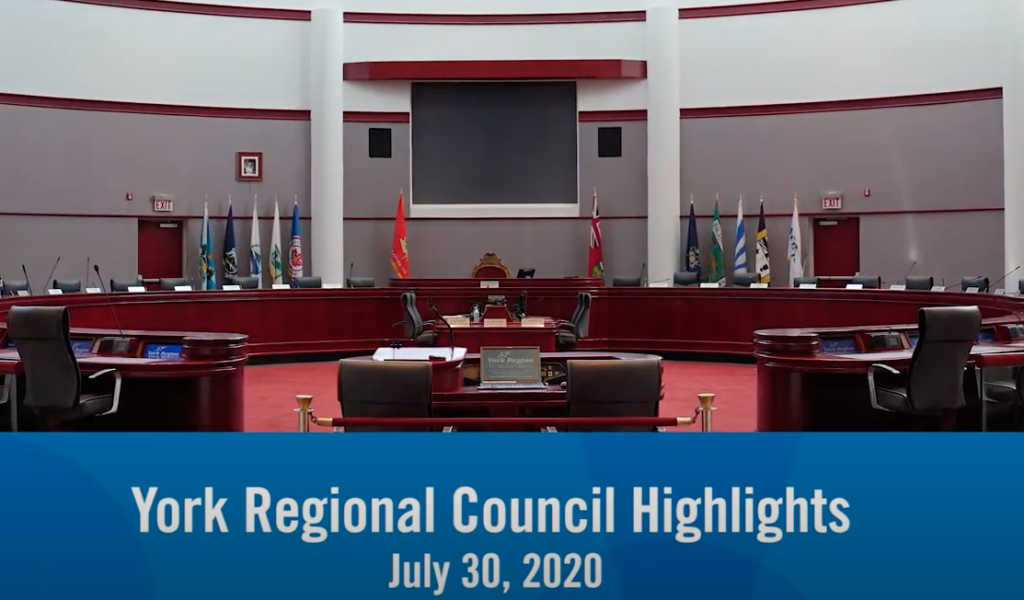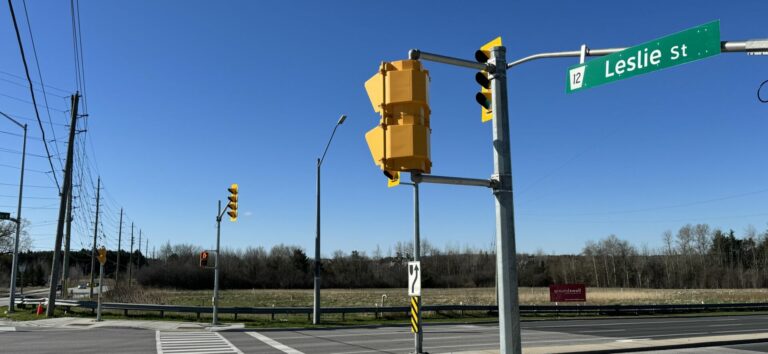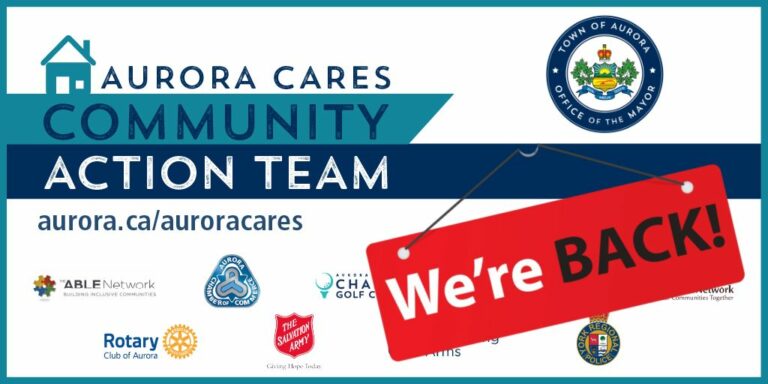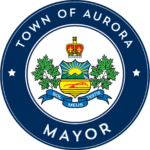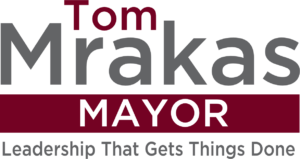York Region enters to Stage 3 of provincial re-opening
On Friday, July 24, 2020, The Regional Municipality of York moved into Stage 3 of the provincial re-opening framework.
Throughout the COVID-19 global pandemic York Region has remained committed to protecting the health and safety of all residents while taking prudent measures to stop the spread of this virus. On July 9, 2020, York Regional Council endorsed a recommendation from York Region Medical Officer of Health Dr. Karim Kurji to issue an instruction requiring operators of enclosed public spaces in York Region to have a policy in place that requires persons entering their premise to wear a face mask or covering.
Entering Stage 3 is a testament to the residents and employees of York Region continuing to do their part to stop the spread of COVID-19. Thanks to these efforts, more businesses and public spaces are re-opening.
While this is great news for York Region and the local economy, the fight against COVID-19 is not over. Now, more than ever all York Region residents need to remain vigilant to keep themselves, their families, friends and communities safe. COVID-19 remains a very dangerous virus. The situation can quickly change if residents do not do their part by staying at home when sick, maintaining physical distancing, washing hands frequently with soap and water and wearing a two layer non-medical mask, where appropriate.
Bringing high-quality education to York Region
On July 24, 2020, The Regional Municipality of York joined the Government of Ontario, the City of Markham and York University and announced plans to move forward with the construction of the Markham Centre Campus, bringing 4,200 new student spaces to York Region.
Regional Council reaffirmed their support of the Markham Centre Campus by authorizing York Region to enter into a Funding Agreement to provide up to $25 million in capital funding towards the new campus.
In September 2014 Council approved the Memorandum of Understanding with York University to provide financial support towards a new campus located in the Markham Centre.
Bringing a university campus to the City of Markham has been a long-standing goal in York Region’s Economic Development Action Plan and an important strategic priority for Regional Council.
When complete, the new campus will play an essential role in York Region’s economic growth by attracting new residents and businesses and strengthen opportunities for students to thrive in their local community.
Deputy York Regional Police Chief André Crawford set to retire
After almost 35 years of dedicated service to the residents of York Region, Deputy Chief André Crawford has announced his retirement from York Regional Police effective November 6, 2020.
During his time with York Regional Police, Deputy Chief Crawford served in a number of functions including community services where he was responsible for building partnerships and engaging citizens through innovative outreach programs, crime prevention initiatives and volunteer opportunities.
He has been recognized with the Police Exemplary Service Medal, Chief of Police Award for investigative excellence, a gold medal from the Human Rights and Race Relations Centre and the Black Business and Professional Association Harry Jerome Social Engagement Award.
Chairman Emmerson joined members of Council in thanking Deputy Chief Crawford for his dedicated services to our communities, wishing him all the best in his retirement.
York Region’s data-informed decision-making receives international recognition
York Region is the first Canadian organization ever to be recognized with the 2020 President’s Award from Esri, the global leader in location intelligence (geographic information systems). The Region was personally selected by Esri’s Founder and President out of 350,000+ customers internationally.
The award, acknowledged as the industry’s highest honour, is the result of more than 25 years of innovation, thought leadership and collaboration across the Region and among partners, combined with efforts for continuous improvement and the use of data to solve problems and make a difference within York Region’s communities.
Virtual depositions
Regional Council has passed a motion to allow virtual depositions at Council and Committee of the Whole meetings, effective September 2020.
The motion follows the provincial COVID-19 Economic Recovery Act, 2020 receiving Royal Assent on July 21, 2020. This Act makes amendments to 20 provincial statutes, including changes to the Municipal Act to permit members of councils, committees and local boards to participate more fully in meetings outside a declared state of emergency.
International Decade for People of African Decent
Regional Council recognized 2015-2024 as International Decade for People of African Descent.
This decade, for which the Office of the United Nations High Commissioner for Human Rights (OHCHR) was designated as the lead agency, aims to strengthen actions and measures to ensure the full realization of the economic, social, cultural, civil and political rights of people of African descent and their full and equal participation in society.
Regional Council and York Region’s Senior Management Team recognize our communities are not immune to systemic racism and biases. Together, they are championing action now to address anti-Black racism in York Region and helping to build strong, caring and safe communities for all who call York Region home.
Financial Impacts of COVID-19
Regional Council received an update of the current financial impact of the COVID-19 pandemic to the Region.
To-date, the financial impact on York Region is $63 million. If the current emergency lasts until the end of 2020 with recovery throughout 2021, the total impact could increase to $173 million in 2020 and with a further $98 million in 2021. Previous assumptions had the pandemic lasting until the end of June with a six-month recovery period until the end of the year (2020).
Included in this forecast is the cost of purchasing 300,000 masks to help the most vulnerable population protect themselves from COVID-19. This is in accordance with Council’s endorsement from York Region’s Medical Officer of Health Dr. Karim Kurji to issue an instruction directing operators of enclosed public spaces in York Region.
There are many factors impacting the projected costs and current estimates are based on best information available at this time. Staff will continue to monitor expenditures and report back to Council in September 2020.
COVID-19 Economic Recovery Act, 2020
Regional Council received an update on the legislative changes to a number of statutes that give municipalities the tools they need to support the on-going economic recovery from COVID-19.
Bill 197, which received Royal Assent on July 21, 2020 amends 20 statutes including the Municipal Act, 2001, Development Charges Act, 1997, Planning Act, Education Act, and Environmental Assessment Act.
The staff supported recommendations outlined in Bill 197 are:
- Development charge eligibility restored to libraries, long-term care, public health, parks and recreation services, but not the acquisition of land for parks, child care, housing services (affordable housing and shelters), bylaw enforcement/court services and emergency preparedness
- Municipalities now have two years for the community benefits charges bylaw to be in effect
- Commercial and industrial developments are no longer eligible for delayed and phased payments
- No cap is prescribed on interest charges for frozen and phased development charges
These recommendations are in line with feedback the Region provided on Bill 108, More Home, More Choice Act, in September 2019.
Development charges are dependent on the housing market and non-residential revenue. The fees received from these charges are vital to the Region funding growth infrastructure and overall debt-management. With these provisions now in place, there will be no need to consider an amendment to the development charge bylaw as reported to Council in February 2020.
York Region will continue to engage with provincial, municipal and development industry partners to ensure funding focused on growth and infrastructure continues as needed.
Expanding mandatory mask requirements
Regional Council has endorsed the York Region Medical Officer of Health issuing an instruction requiring the use of face masks or coverings in common areas of condominium buildings, apartment buildings and other multi-residential buildings, effective Friday, August 7, 2020 as of 12:01 a.m.
Council further endorsed any future instructions from the Medical Officer of Health relating to bars, indoor restaurants and gyms.
Through the endorsement of these two motions, Regional Council is expanding on their July 9, 2020 endorsement of Dr. Kurji issuing an instruction that requires operators of spaces in York Region to have a policy in place that prohibits persons from entering premises of an establishment if the person is not wearing a face mask or covering.
York Region’s mandatory face mask or covering requirement came into effect on Friday, July 17, 2020, and will remain in place until November 30, 2020. More information is available at york.ca/mandatorymasks
Public Health response to COVID-19
Regional Council received an update on public health measures to manage the COVID-19 pandemic in York Region and on-going activities to protect the public.
Since the beginning of this emergency, York Region has focused on four key strategies for managing the COVID-19 response, including case and contact management, outbreak management, assessment centre testing and physical distancing.
These strategies have been successful in slowing the spread of the virus in the community, resulting in York Region entering Stage 3 of the provincial re-opening framework.
With the Stage 3 re-opening comes an increased demand for essential public health services. As a result, a number of Regional services have been restored, including:
- Healthy Babies Healthy Children Program
- Sexual health clinic services
- Substance use prevention and harm reduction programming
- Beach water sampling and West Nile Virus surveillance
Throughout the pandemic, York Region’s focus has been protecting the public and future planning for a potential second wave of COVID-19. This planning includes monitoring community needs and understanding which communities are being impacted by COVID-19.
In collaboration with the provincial government, York Region will begin collecting socio-economic data from residents infected with COVID-19. Beginning in August, York Region residents who test positive for COVID-19 will be asked additional questions about their race, income, languages spoken and household size as part of the case investigation process. This will help respond to specific community needs through planning of targeted programs, services and supports.
Social Services response to COVID-19
Regional Council received an update on York Region’s Social Services response to COVID-19, including the evolving needs of vulnerable populations, key updates to federal and provincial supports, actions taken and considerations of resources as York Region enters Stage 3 of the provincial re-opening framework.
Throughout the COVID-19 global pandemic, York Region has worked in collaboration with community partners to develop and implement actions to respond to the needs of residents. These actions include:
- Enhanced Housing and Homelessness Supports
- Innovative Children’s Services
- Escalated Social Assistance and Income Supports
- Emergency Food Access
In addition to responding to the social service needs of residents, York Region is also distributing face masks to lower income households through the COVID-19 Community Coordination table.
York Region’s social service response is being supplemented with additional funding through the provincial Social Services Relief Fund and the federal Reaching Home Program.
Federal economic and fiscal snapshot 2020
On July 8, 2020, the federal government presented its 2020 Economic and Fiscal Snapshot.
A combination of higher spending, primarily for COVID-19 support programs, and lower revenue, has resulted in a projected deficit of $343.2 billion for 2020-2021. The deficit projection is on par with, but lower than, the peak deficit (as a per cent of GDP) experienced by Canada during the Second World War.
Total expenses, which include program expenses and public debt charges, are expected to rise by $236.8 billion, reaching $612.1 billion in 2020-2021. Program expenses related to COVID-19 are the biggest driver, with the government outlining $212 billion in direct support measures, including:
- $80 billion for the Canada Emergency Response Benefit (CERB)
- $82.3 billion for the Canada Emergency Wage Subsidy (CEWS)
- $55 billion for the Canada Emergency Business Account (CEBA)
- $5.5 billion for the GST credit top-up, doubling the maximum GST credit
- $5.2 billion over two years for the Canada Emergency Student Benefit (CESB)
The most significant impacts were experienced in the service sector of the economy, and any sectors affected by the closure of non-essential activities, and where physical distancing and flexible work arrangements options are limited.
Proposed Amendment 1 to the Growth Plan and updated Land Needs Assessment Methodology
York Regional Council approved the response to the Ontario government’s Proposed Amendment to the Growth Plan and updated Land Needs Assessment Methodology.
In the provincial A Place to Grow: Growth Plan for the Greater Golden Horseshoe, York Region is forecasted to be the highest growth municipality. To meet these anticipated needs, Council reinforced the need of Provincial support through:
- Timely approvals for large infrastructure projects
- Programs and initiatives to improve housing affordability
- Allocation of funds to York Region from the Non-Resident Speculation Tax and other revenue-generating tools
Included in York Region’s response to the province is a need for employment land conversions within Major Transit Station Areas to be considered through a Municipal Comprehensive Review.
Additional comments on Amendment 1 can be found in Attachment 2.
Next regular meeting of York Regional Council
York Regional Council will meet on Thursday, September 24, 2020 at 9 a.m. To maintain physical distancing and protect the health and well-being of residents, this is currently planned to be a virtual meeting and streamed on york.ca/live
